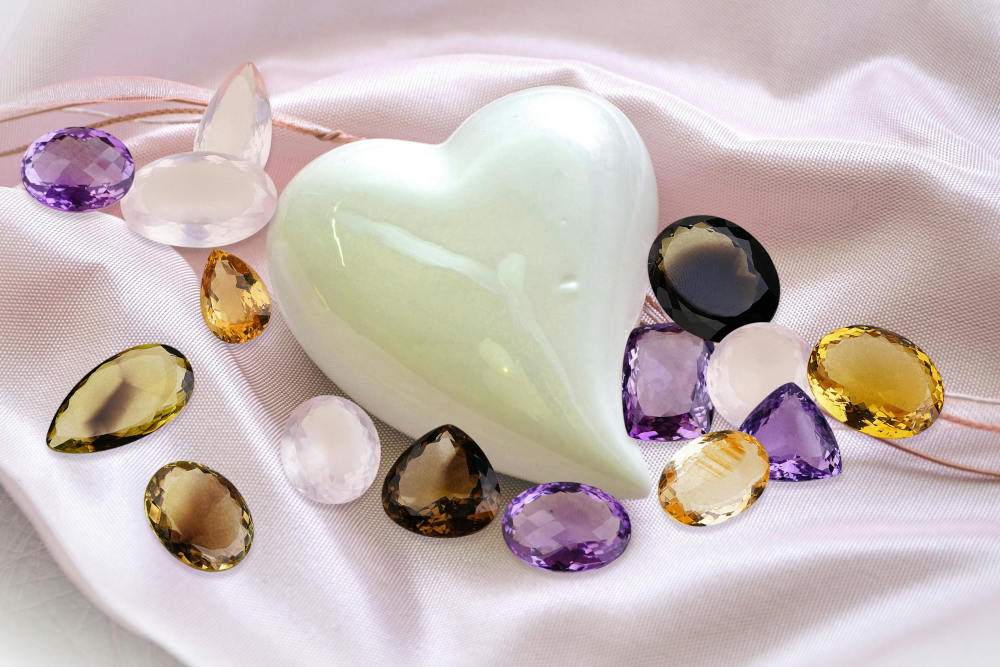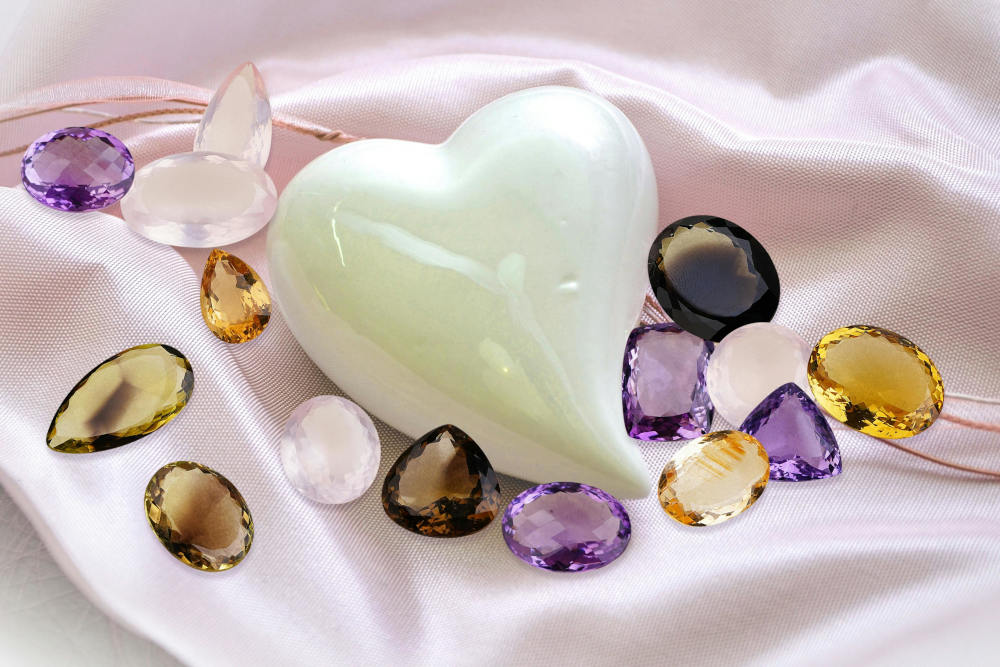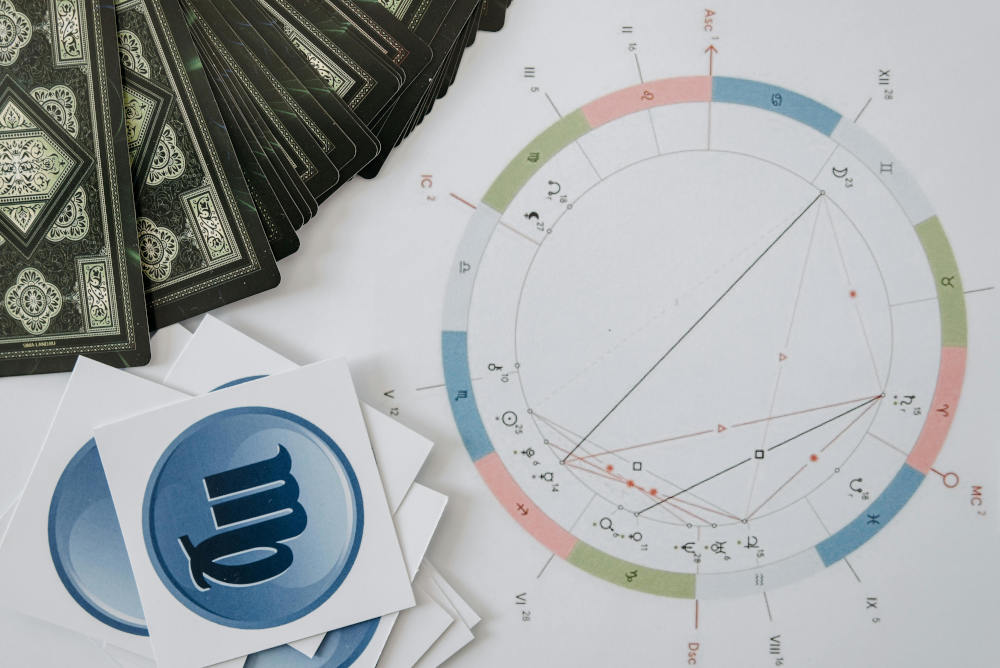
Benetton is an Italian fashion retailer founded in 1965 in Treviso, Italy, by the Benetton family. The multinational clothing-retail company creates fast fashion for men, women, and children.
Benetton makes clothing, accessories, shoes, and swimwear. The holding company Edizione owns Benetton and operates in the main international markets with its two brands: United Colors of Benetton and Sisley.
Benetton operates more than 5,000 stores and has over 6,400 employees in stores, factories, logistics, brands, and subsidiaries. More than 150 million people walk into one of its brick-and-mortar stores every year.
As one of the best-known fashion companies in the world, Benetton plans for the future and lives in the present, with a watchful eye on the environment, human dignity, and a society in transformation.
The clothing retailer offers a sustainable collection made from organic or recycled materials called Green B based on principles of respect for the environment and people.
Benetton is a fashion brand and clothing retailer based in Ponzano Veneto, Italy. It makes apparel, footwear, and accessories and offers a collection of basics, underwear, loungewear, swimwear, outerwear, bags, and accessories.
Panaprium is independent and reader supported. If you buy something through our link, we may earn a commission. If you can, please support us on a monthly basis. It takes less than a minute to set up, and you will be making a big impact every single month. Thank you!
Sustainability Rating: 4/10
Rating FAQ
Category: Clothing, accessories, shoes, bags
For: Women, men, children
Type: Basics, denim, knitwear, underwear, loungewear, swimwear, outerwear, nightwear, flats, boots, sandals, sneakers
Style: Casual
Quality: Medium
Price: $$
Sizes: XS-XL, 2-12 (US), 4-14 (UK), 34-42 (EU), 6-16 (AU)
Fabrics: Cotton, linen, hemp, lyocell, modal, viscose, acetate, polyester, nylon, spandex, polyethylene, acrylic, neoprene, polyurethane, rubber, leather, wool, silk, down
100% Organic: No
100% Vegan: No
Ethical & Fair: No
Recycling: Yes
Producing countries: Albania, Bangladesh, Bosnia, Bulgaria, China, Croatia, India, Egypt, France, Greece, Italy, Laos, Moldavia, Morocco, Myanmar, Pakistan, Portugal, Romania, Serbia, South Korea, Switzerland, Spain, Thailand, Tunisia, Turkey, Ukraine, Vietnam
Certifications: FSC, RDS, BCI
Sustainability Practices
Benetton is committed to being a globally responsible company from a social, environmental, and economic perspective. It wants to grow together with the communities in which it operates.
Benetton takes concrete actions to achieve its social and environmental goals, including respect for ethics, environmental and labor, quality, competitiveness, and transparency. It allocates 1% of its annual turnover to sustainability activities.
It recently opened a new green store inspired by the principles of circular economy, energy efficiency, and technology in support of sustainability. However, the majority of its business remains detrimental to the environment.
Benetton only uses a small proportion of organic materials such as organic cotton and hemp or recycled materials such as recycled cotton, recycled polyester, and regenerated nylon.
Only very few of its collections are dedicated to sustainable fashion. Most of the fabrics it uses are either natural without relevant certifications, such as regular cotton or linen, or synthetic petroleum-based fibers such as polyester, nylon, acrylic, and more.
Benetton also uses a small amount of semi-synthetic fibers or regenerated cellulosic fabrics such as Tencel lyocell, modal, acetate, and viscose.
Tencel is an eco-friendly fiber made with wood pulp from certified sustainable forests. But only a tiny proportion of the materials used by Benetton are environmentally friendly and sustainable.
Benetton publishes a list of all its manufacturers and processing facilities on its corporate website, the Benetton Group. It aims to ensure that all the people involved in the supply chain are treated fairly and correctly.
The 2021 Fashion Transparency Index gave Benetton a score of 60% based on how much the group discloses about its social and environmental policies, practices, and impacts.
Benetton manufactures its clothes in Turkey and many other East Asian countries where human rights and labor law violations still happen every day.
The Italian clothing retailer doesn't show any labor certification standard that would ensure good working conditions, decent living wages, health, safety, and other human rights for workers in its supply chain.
Benetton has a code of conduct that applies to all its suppliers and subcontractors based on the regulations set by the International Labor Organization (ILO).
Benetton assesses compliance with its Code of Conduct by informal visits or third-party audits with or without notice carried out by independent auditing bodies of international standing.
But a significant number of its suppliers and new partners didn't receive any audit in the past two years, didn't meet the social criteria, or didn't implement the necessary corrective measures.
Benetton doesn't use exotic animal skin, hair, fur, or angora. But it uses leather, wool, silk, and down feathers to manufacture many of its clothing pieces.
These animal-derived materials are cruel and unethical. They also harm the environment by producing greenhouse gases and waste. More sustainable alternatives exist.
Sustainability Goals
Benetton has committed to increasing its use of responsible fibers. Its objective is to use 100% sustainable cotton (organic, BCI, and recycled) by 2025.
Benetton measures its energy and water usage, greenhouse gas emissions, chemical release, pollution, and waste across its supply chain. However, it doesn't have any clear sustainability goals, science-based targets, or timeline to improve in the future.
Buy Here
Discover Benetton's sustainable collections at Benetton.com.
Reviews And Experiences With Benetton
Have you had (good) experiences with shopping at or the products of Benetton? Then leave us your rating below.
What We're Up Against
Multinational corporations overproducing cheap products in the poorest countries.
Huge factories with sweatshop-like conditions underpaying workers.
Media conglomerates promoting unethical, unsustainable products.
Bad actors encouraging overconsumption through oblivious behavior.
- - - -
Thankfully, we've got our supporters, including you.
Panaprium is funded by readers like you who want to join us in our mission to make the world entirely sustainable.
If you can, please support us on a monthly basis. It takes less than a minute to set up, and you will be making a big impact every single month. Thank you.






























0 comments